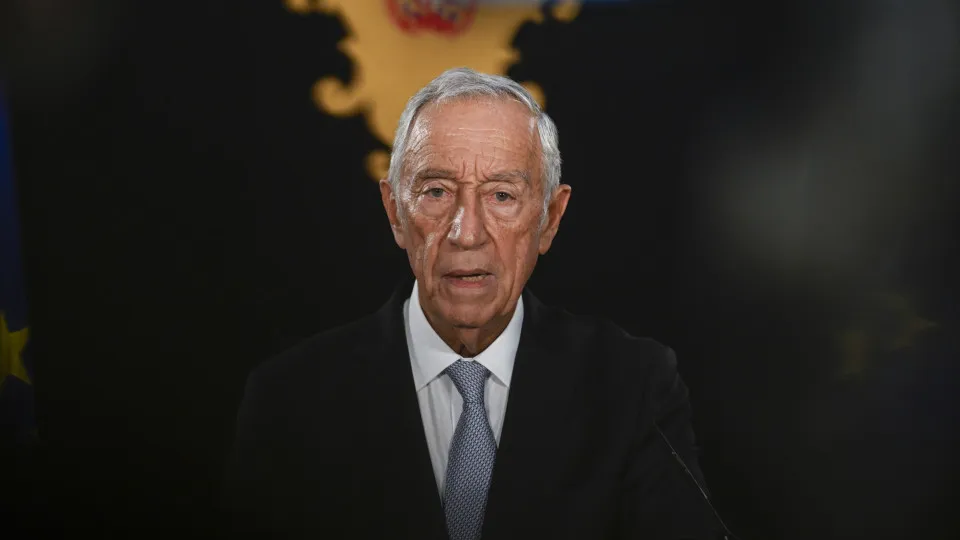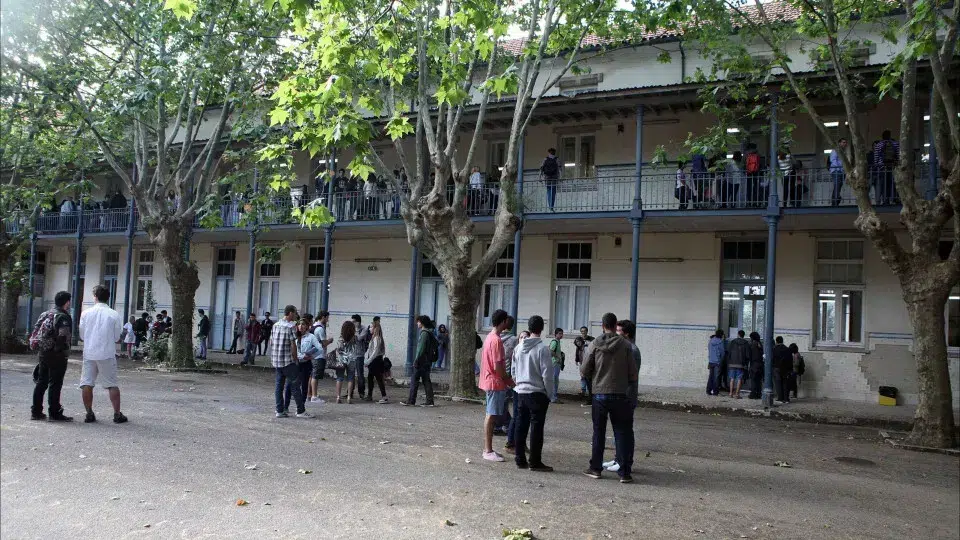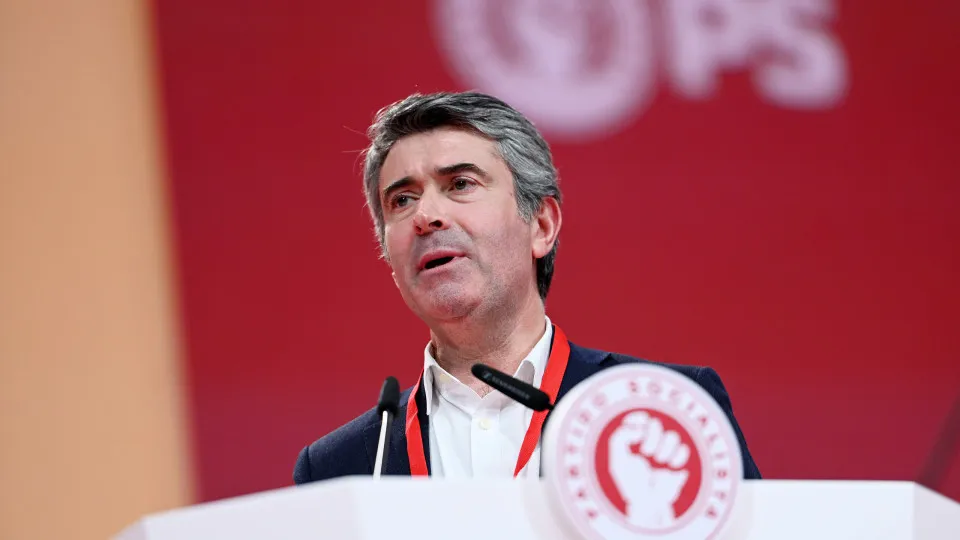
“Anyone who holds a political position is politically responsible for their exercise. Always. The problem is knowing how to enforce responsibility.” These are the words of Marcelo Rebelo de Sousa, who, this Sunday, commented on the preliminary report on the accident with the Elevador da Glória and made considerations regarding possible accountability measures.
“That responsibility exists is clear. As you remember, two days ago, I highlighted the behavior of the mayor of Lisbon in making two decisions: one regarding the initiation of the inquiry and another on the immediate suspension of the funiculars,” he emphasized, adding: “Only someone with the power to make such decisions would do so. They are administratively and politically responsible in this matter.”
“And so, there is always political responsibility. The issue is knowing how to enforce responsibility. To enforce responsibility, you need the full report, but that it exists in principle, yes,” reiterated Marcelo, further emphasizing that “whoever is at the head of a public institution is politically accountable – that is, subject to political judgment for anything that goes wrong in that institution, even without any fault, intervention, or direct connection to the incident.”
Marcelo then considered that “when it comes to someone appointed,” that person will “have to answer to those who appoint them.” “When it comes to an elective position, the answer is to the voters. In other words, accountability for a politically appointed position is to the appointer, while for an elected position, it is to the voters.”
“It happens that we are about a month or very close to the opportunity for voters to express themselves,” he noted. “One thing is to be responsible, another is how to enforce that.”
[News in development]




